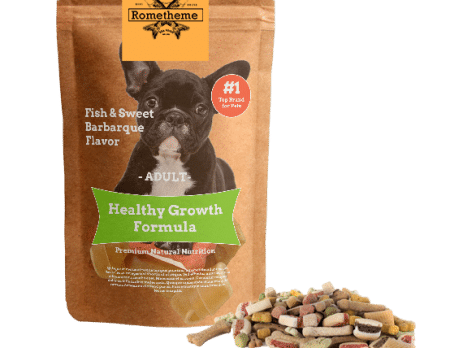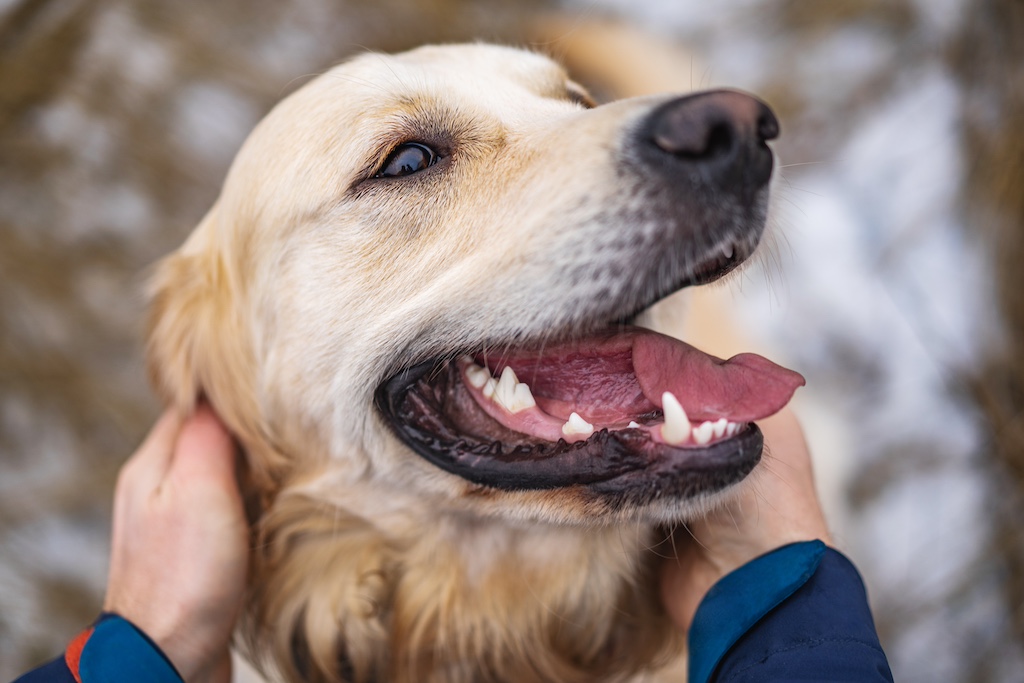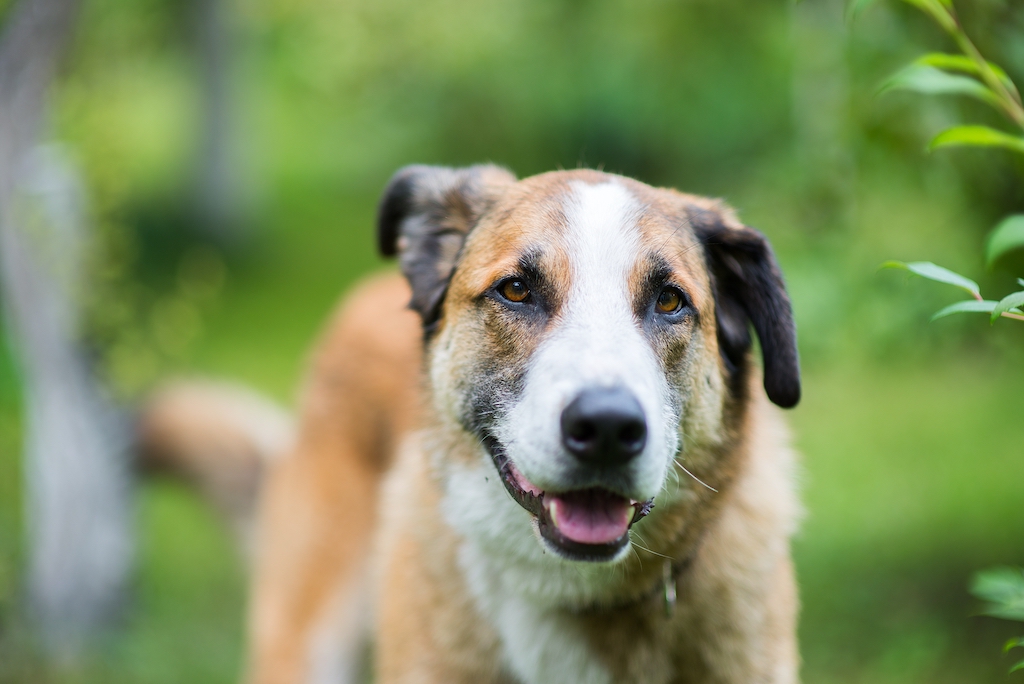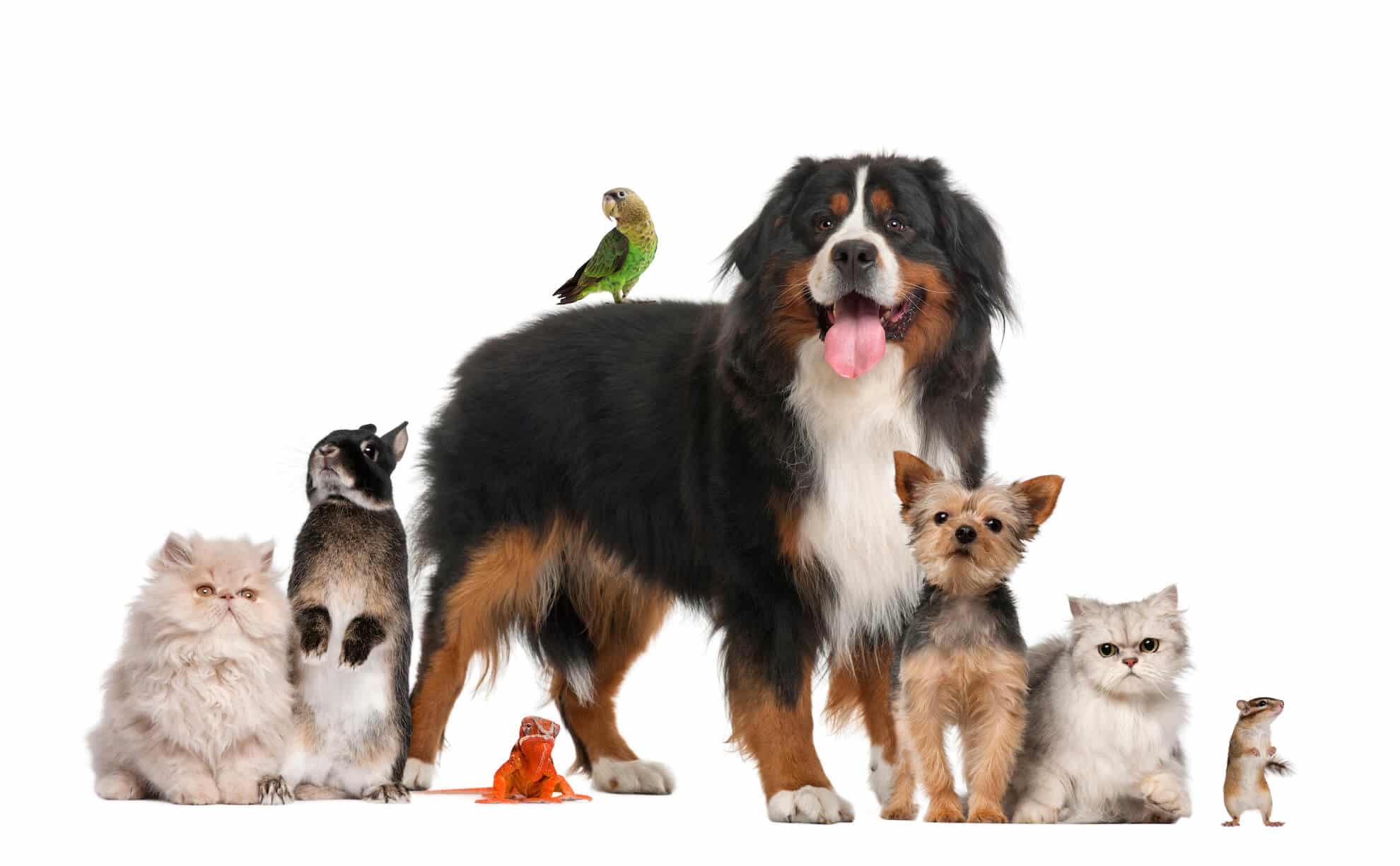Services: Deworming For Dogs and Cats
Langley Animal Clinic2024-02-02T01:44:54+00:00Pet Deworming
Langley Animal Clinic
Regularly deworming your pet helps keep their digestive system happy and healthy.
Deworming for Cats
Cat & Kitten Deworming Services
Kittens: Kitten Deworming Schedule
Initiate treatment at 6 weeks; repeat every month until 6 months old. After 6 months of age, worming is recommended every 3 months.
Deworming Adult Cats: Cat Deworming Schedule
Treatment should be given every 3 months. If on an intestinal parasite combination product, have a fecal test performed every year and treat appropriately. If not on an intestinal parasite combination product, have a fecal test performed 2-4 times per year and treat appropriately
Cat Deworming FAQ's
Your Cat Deworming Questions Answered
Why is Deworming Important in Puppies and Kittens?
Toxocara (roundworms) are present in puppies from 2 weeks old and in kittens from 6 weeks old. Almost all young animals are infected and Toxocara can cause serious disease. Toxocara can also cause disease in humans if the worms are ingested. This is especially important in children as it can cause blindness.
What if my Cat Hunts?
If your cat hunts, scavenges on carcasses or eats raw meat regularly, they will have a higher risk of tapeworm and roundworm ingestion and may require more frequent monthly worming.



Deworming for Dogs
Dog & Puppy Deworming
Deworming Schedule for Puppies
Initiate treatment at 2 weeks; repeat at 4, 6, and 8 weeks of age, and then put on a monthly treatment that controls intestinal parasites, then monthly until 6 months of age.
Adult Dogs: Dog Deworming Schedule
Treatment should be given monthly. If on an intestinal parasite combination product, have a fecal test performed every year and treat appropriately. If not on an intestinal parasite combination product, have a fecal test performed 2-4 times per year and treat appropriately. Also monitor and eliminate parasites in pet’s environment.
New Animals
Worm immediately; repeat in 2 weeks, then follow above recommendations
Nursing Dams
Treat at the same time as puppies
Why is my Pet at a Higher Risk if they have Fleas?
When animals have fleas, they can be accidentally ingested whilst grooming due to flea irritation. Flea larvae can feed on the eggs of the tapeworm dipylidium caninum found in the environment and develop within the abdomen of the flea. If an infected flea is ingested, the tapeworm also enters the dog or cat. The scolex of the tapeworm attaches to the intestinal mucosa of the host and grows into an adult tapeworm. Rarely this can also happen to humans, especially children, if fleas are ingested. This is why it is important to have both good flea and worm control.
Picture: Common types of worms found in cats and dogs
Intestinal Worms: The Facts
It is important to ensure that your pet is dewormed at regular intervals, a large worm burdens can accumulate quickly and can pose a serious health risk to your dog or cat. There are many types of worms that infect dogs and cats and some infections left untreated can even be fatal in young puppies.
Younger animals are more susceptible to worm burdens as their immune system is less developed, and in general, they are at higher exposure than adults. However, this doesn’t mean that you shouldn’t have your adult dog or cat checked and treated regularly for intestinal parasites.
Some worms are easily identified in the stool or vomit without the use of specialized equipment though some need to be identified by the vet using a microscope in the laboratory. Bring in a fecal sample to your next visit to have it evaluated for parasites.
Signs of Worms
Some types of worms will not show any signs of infestation until in the later stages, such as in a pregnant female dog or times of environmental stress where roundworms activate multiply. These infections then can result in the infection of others around them and any puppies that nurse from their mothers.
Common signs of worms can include:
- Anemia (pale skin and gums)
- Vomiting
- Weight loss
- Pot-belly (mostly in pups)
- Bloody stool
- Diarrhea
- Dry/dull coat
- General poor appearance
- Weakness
- Tail skidding (dog rubs butt on the carpet)
- Visible signs of worms or worm segments in stool, vomit, or around the anus dried in the fur
Prevent Intestinal Worms
Again, the most important for treating intestinal worms is preventing it. You can take simple steps to preventing your puppy or dog from contracting an intestinal parasite.
- Stick to routine vaccinations, deworming, and vet exams at a vet hospital
- Keep any area where the puppy or dog will be kept clean, such as outdoor kennels and sleeping areas
- Use a flea and tick prevention
- Remove feces from your yard regularly
- Don’t feed raw meat or offal; base your dog’s staple diet on a high-quality dog food
Check out the variety of Pet Hospital Medical Care that we offer. Contact our Langley animal clinic to speak to the professional animal care staff about deworming.
Our Services
Small Animals
- Langley Animal Clinic
- Book Appointment Online
- Emergency 24/7
- Procedure Pricing
- Pet Dental Care
- Cat and Dog Boarding
- Cat and Dog Vaccinations
- Pet Grooming
- Pet Orthopedics
- Dog breeding
- Pet Cancer Care and reatment
- Pet flea control
- Pet nutrition
- Pet Skin Care
- Pet Surgery
- Whelping
- Dog Boarding
- Pet Ortheopedics
- Spay and Neuter Specialists For Cats and Dogs
- Deworming For Dogs and Cats
- Shop
Contact
- Pet Care Service 24/7
- (604) 534 4813
- Email: info@langleyanimalclinic.ca
- 5758 203 St, Langley City, BC V3A 1W
Practice Hour
- Mon - Sat : 08:00am - 9:00pm
- Sun - Mon : 08:30am - 09:00pm

30% OFF ONLINE EXCLUSIVES
Shop online for exclusive discounts and deals.
Price List: The Cost of Deworming Your Cat or Dog
Pet Deworming Prices
Animal Care and Advice
 Pet Grooming & Hygiene, Pet Health & Safety Tips
Pet Grooming & Hygiene, Pet Health & Safety Tips Pet Dental Care: Preventing & Treating Cavities in Pets
Comprehensive Guide to Preventing and Treating Cavities in PetsTable of ContentsImportance of Dental Health in PetsBrief Overview of Cavities and...
 Pet Grooming & Hygiene, Small Animals
Pet Grooming & Hygiene, Small Animals Senior Pet Dental Care: Understanding the Unique Challenges and Needs of Older Pets
Proper dental care is just as important for your pets as any other member of your family, but it is...
 Canine Companions: Beyond Basics, Pet Grooming & Hygiene, Pet Nutrition & Diet
Canine Companions: Beyond Basics, Pet Grooming & Hygiene, Pet Nutrition & Diet 7 Recognizing Signs of Dental Pain in Dogs: A Guide
Although proper dental care is an essential part of your dog’s wellbeing, it is something that is often overlooked by...
Subscribe To Our Newsletter
Get all the latest information on Events, Sales and Offers.

